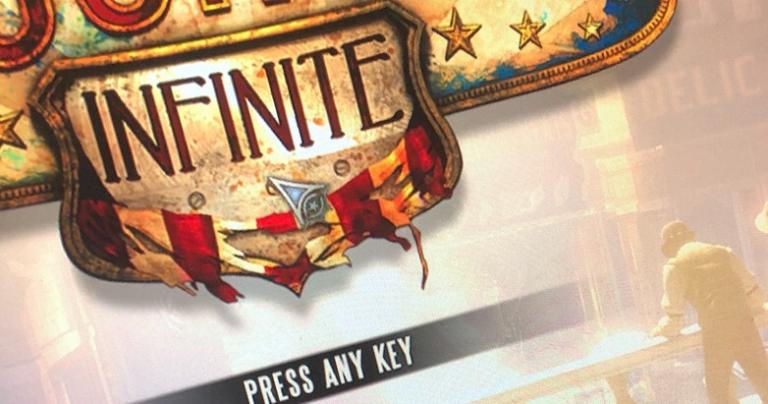 The Bioshock series of games are better entertainment than most movies and more thoughtful than most novels.
The Bioshock series of games are better entertainment than most movies and more thoughtful than most novels.
Let’s get this out of the way: the acting in the three Bioshock games is not The Passion of Joan of Arc. The plot is not Tale of Two Cities or Jane Eyre. The questions asked and the answers suggested will not replace Republic or John in a good curriculum soon. The science doesn’t rise to the level of Timaeus, let alone On the Origin of the Species.
Most movies, nearly all books, and the vast majority of anything, do not reach that standard and we enjoy and learn from them anyway. Bioshock is a bit first-person shooter, action game, and story. As a player, you have a degree of control over the outcome: the game presents a series of ethical choices and these have (to varying degrees in each game) impact. The games are violent in a cartoonish way and the body count of zombie-like creatures is high. Everyone has a different sensitivity to this, so take a look at game trailers and be warned.
Still, if you want to consider libertarianism, communism, the role of religion in society, choice, free will, and relationships with parents, these games will constantly ask questions and not force feed any answer. The writing is uneven as is the philosophical depth. Bioshock, set in undersea Rapture, is every freshman in college on politics if every freshman actually read the books. Bioshock II, like many sophomores, disappoints by hitting the same notes with minor differences. Bioshock Infinite, like many upperclassmen, surpasses them all with a beautiful setting, score, passable acting, and open ended questions about religion, politics, freedom, and choice.
Any good Philosophy 101 class would do all of this better academically, but Bioshock Infinite is enjoyable as well. That’s more than can be said for the average JC philosophy class.
Beware: the “downloadable content” is the summer semester class tossed out for money. There is some learning to be done and fun to be had, but only as an image of the image of the originals.
When I was younger, “games” promised interactive movies or novels with choice. Games have not lived up to the promise. Sierra pushed forward with games like King’s Quest and Space Quest and I had hope, but mostly these sort of novels in movies in games died. Bioshock is an older game, I came to it via Steam this Christmas, but the series has endured, because it takes the Sierra promise and delivers better everything.
The games do clever send ups like spoofing the old Goofus and Gallant (did any kid playing know these characters still?) with Dimwit and Duke. They are characters in the world’s worst video games, just what one would get in a sort of Christian, very American, theocracy.
The game is unpredictable, however. Nobody sane would wish to live in the theocratic Columbia built on overt racism and a worship of Washington, Franklin, and Jefferson. As a conservative Christian, this might have been offensive, if it did not act as a cautionary tale against an extreme warping of religion and patriotism that no sane person should favor.
That the images from Bioshock Infinite resonated with some Americans reminds us that the caution was not unnecessary. If the troubled Columbian Exposition as seen through Devil in the White City * is your jam, go get help.
The games are older (by game standards), but hold up well, cost little (by game standards) and give tens of hours of play (by my lame old guy standards). I talked to my adult children about them for hours (they played as kids) and enjoyed them.
They are better than most entertainment. Why?
- They are mildly interactive. Puzzles must be solved. Keys mashed. Mouse buttons pushed.
- They have more data than any movie and more plotting than any young adult novel.
- They are literate: references to better books and films abound.
- They provoke thought: libertarianism, Christianity, socialism, do-good-ism, many world systems are presented.
- They are beautifully made: one sees the temptation of Columbia and Rapture.
They are not great texts, but point to great texts. They are not deep, but get past the shallows of most blockbusters. They are lovely to look at, a treat to the ears (all that Tin Pan Alley!), and clever.
That’s a good bit.
Game writing has yet to find a Tolstoy, acting is still more Netflix and less BBC, and action can be as repetitive as a Michael Bey film. Still, the three Bioshock games were an advance on the old Sierra model . . . and a promise that the best is yet to be.
1, 2, 3 . . . where is the fourth?
*This is an excellent book and I was not surprised to discover an inspiration to the third game.












